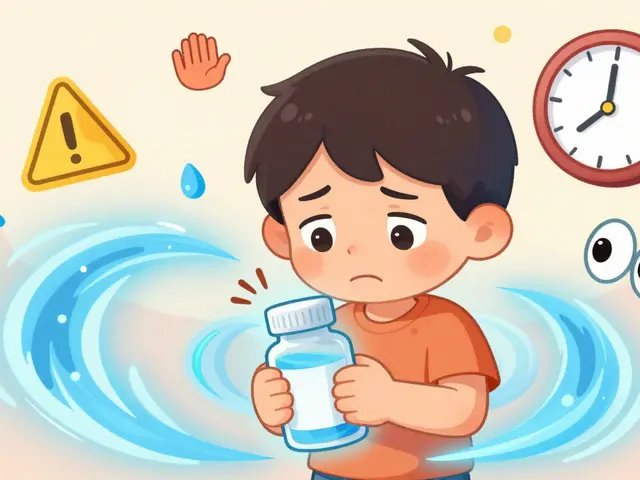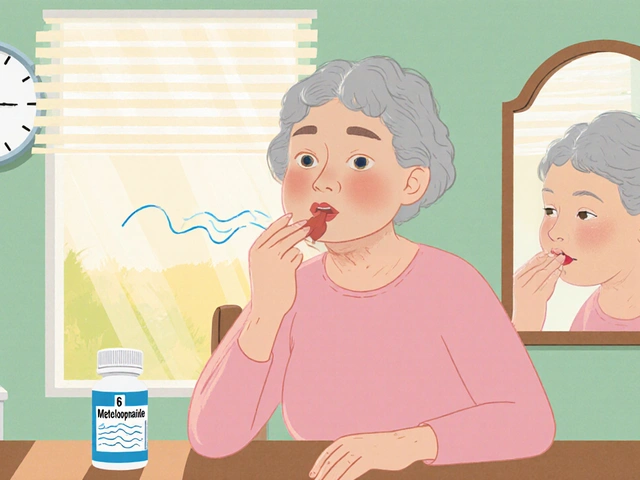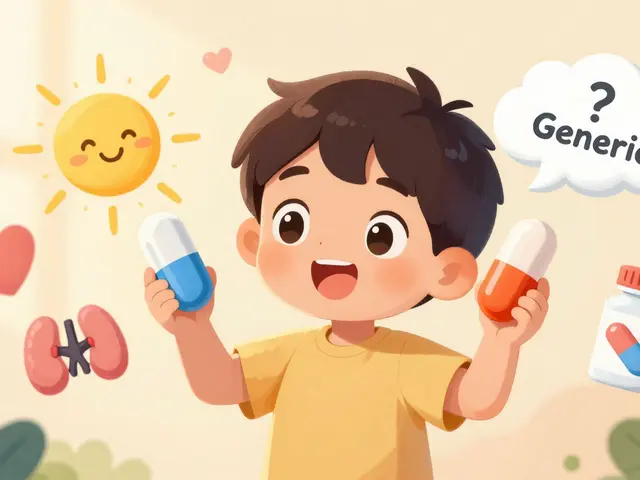Body's full potential: small changes that make a big difference
Want more energy, fewer side effects, and real progress? You don't need a miracle—just a smarter mix of meds, diet, and daily habits. This page pulls practical ideas from trusted articles: safe online pharmacies, alternatives when a drug doesn't suit you, supplements that help, and food choices that actually change how you feel.
Pick meds wisely and buy them safely
Ordering drugs online can save time, but it can also cause trouble if you rush. Always check for a pharmacy that asks for a prescription, shows a real address, and lists a licensed pharmacist. If a price looks too good to be true—trust your gut. Before you buy, read the patient leaflet for side effects and interactions. When switching drugs (for example, if simvastatin or Benazepril doesn’t work), talk to your doctor about alternatives like ezetimibe, PCSK9 inhibitors, or ARBs like Losartan. Keep a list of your current meds and show it to any pharmacist or clinician.
Use alternatives and supplements smartly
Not every drug fits every body. There are solid alternatives to common meds—like different antidepressants, antivirals for herpes, or substitutes for Motilium and Amoxil—so don’t assume one option is your only path. If a medication causes side effects, ask about drugs with different mechanisms or lower doses before giving up. Supplements such as black walnut or targeted formulas can support health, but treat them like tools, not cures. Check quality (third-party testing is a plus) and start with the lowest recommended dose to see how you react.
Diet matters far more than most people admit. For gut issues like colitis, swapping trigger foods for gentler options often reduces flares. Simple swaps—low-residue meals during flares, steady fiber when you’re stable, and avoiding high-fat fast food—help digestion and energy levels. Herbs and bitter tonics (tansy, wormwood, gentian) have traditional uses, but research and safety vary—ask a clinician before trying them.
Small lifestyle moves add up. Staying active, sleeping better, and managing stress change how medications work and can reduce doses. Pet therapy, for example, can lower stress and lift mood—practical if you’re managing chronic illness. For reproductive or sexual health questions (like birth control options or female Viagra), pick clinics and pharmacies that answer your questions clearly and won’t rush you.
Quick action list: 1) Verify pharmacy credentials before buying. 2) Keep a current meds list. 3) Ask about safe alternatives when side effects appear. 4) Choose quality supplements and start low. 5) Use diet and sleep to boost results. 6) Track changes and report problems early. Little shifts like these unlock a lot of your body's potential—and they’re easy to start today.




